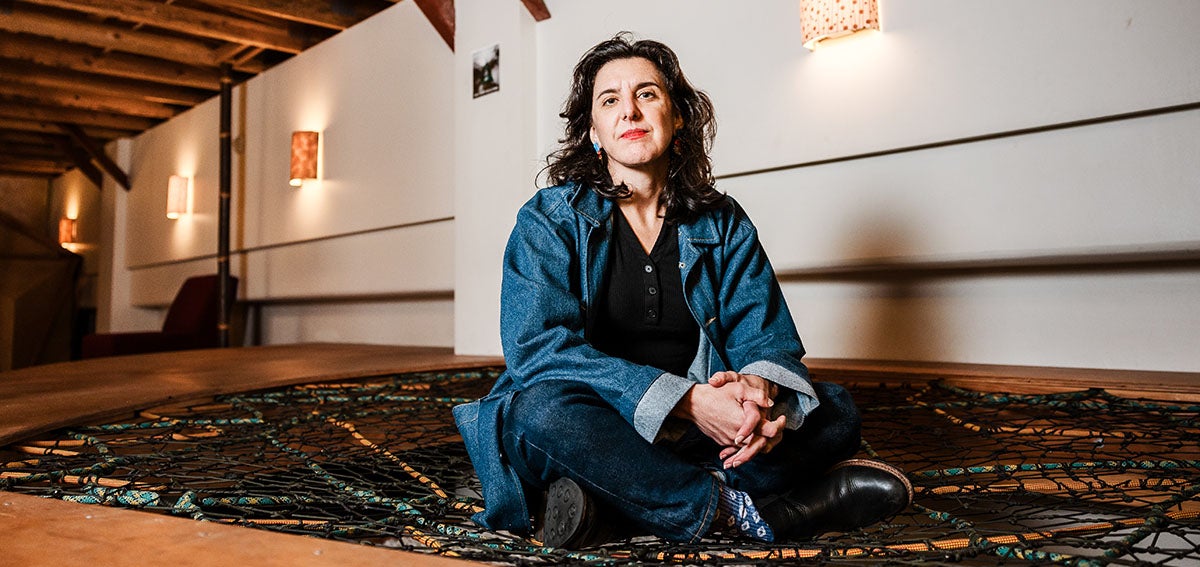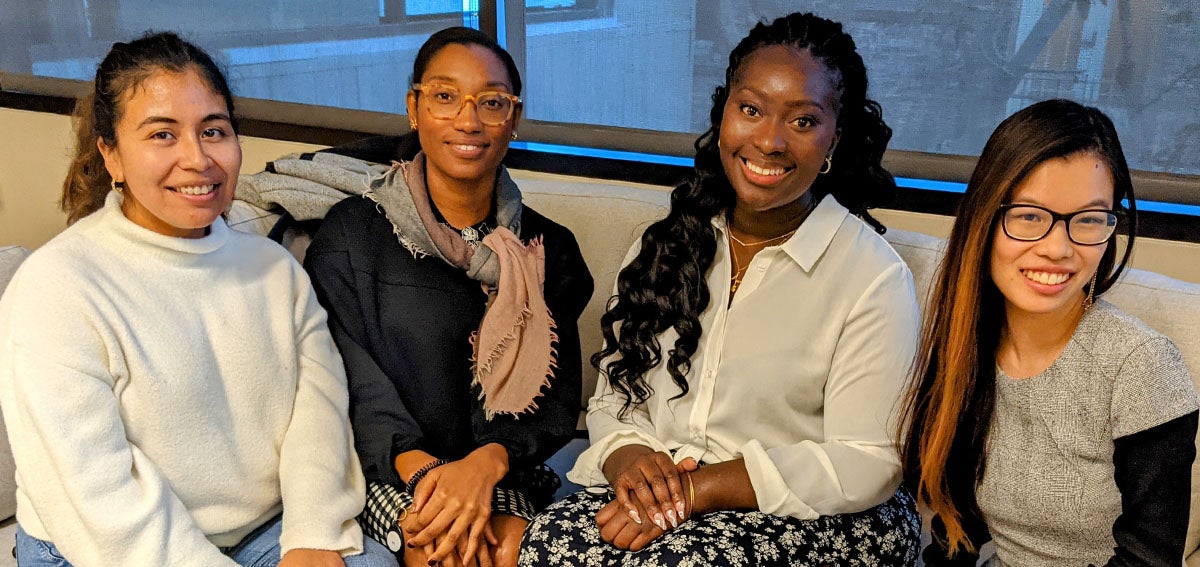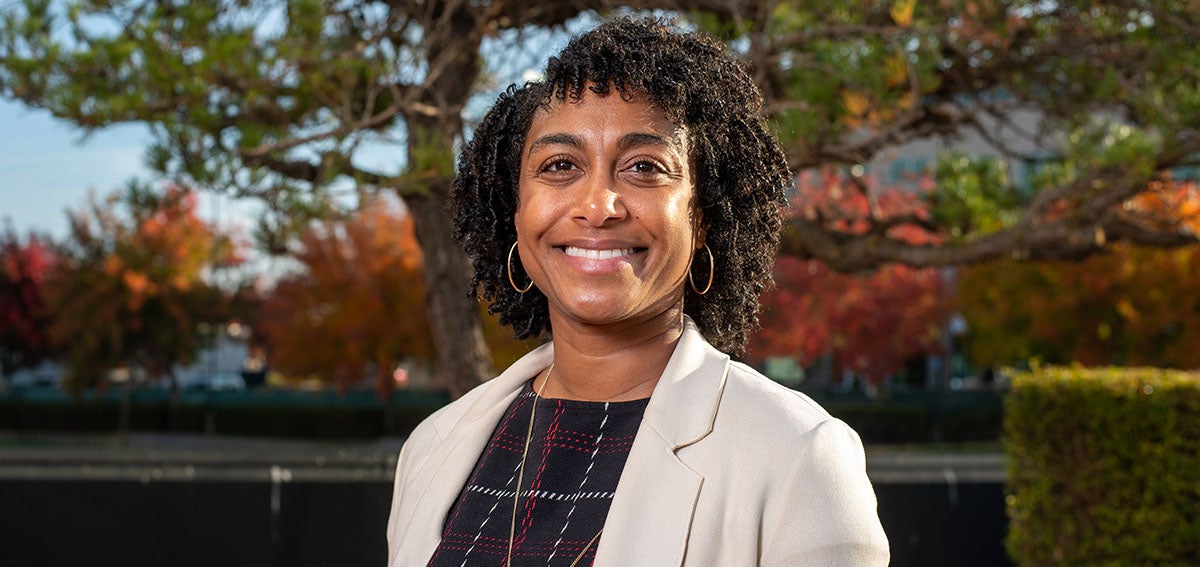View the Report
Jump to All Downloads & LinksWhat Is Palliative Care?
Palliative care is focused on improving the quality of life for seriously ill patients and their families by reducing suffering and stress. It is ideally provided by a team of palliative care doctors, nurses, social workers, chaplains, and others who work together with a patient’s other doctors to offer an additional layer of support. It is appropriate at any age, regardless of diagnosis or prognosis, and is provided alongside all other appropriate treatments.
The well-documented benefits of palliative care for people with serious illness have led to a proliferation of specialty palliative care programs operating in acute care hospitals in California and nationally.
In recent years, there has been increasing focus on providing access to palliative care in patient homes, clinics, and physician offices — referred to as community-based palliative care (CBPC). In addition to improving alignment between patient goals/preferences and the care they receive, CBPC has been shown to improve symptom control and to reduce unnecessary hospitalizations and total costs of care.
As the demand for palliative care has expanded into California’s immense and disparate rural areas, health plans and providers have faced a fundamental challenge unique to sparsely populated spaces: designing and sustaining programs that will serve relatively few people who have intensive and complex needs, who are spread across huge geographies that tend to lack health care resources generally, and where there is a shortage of palliative care providers specifically.
Seeking strategies for providing palliative care (particularly CBPC) in rural areas, CHCF sponsored a two-year initiative in 2017. Five partnerships — each including at least one organization providing palliative care and one health plan — developed or expanded contracts to deliver palliative care in a rural community. (See the full report for information on the participants.)
This report describes key lessons from the CHCF rural palliative care initiative, which are intended to help health plans and providers understand the challenges and consider possible solutions to support delivery of palliative care in rural areas.
About the Authors
Kathleen Kerr is a health care consultant whose work is focused on developing sustainable models for community-based palliative care, with particular emphasis on payer-provider partnerships, increasing access for those with low incomes or who are uninsured, and supporting programs that operate in underserved and rural areas.
Monique Parrish is director of LifeCourse Strategies, a consulting firm that provides project management, research, and analysis to nonprofit organizations addressing the health, social service, and palliative care needs of underserved and underrepresented communities.
Lyn Ceronsky is a palliative care nurse administrator and consultant, working with new and developing palliative care hospital and outpatient models. Her interests include innovative program development in rural communities and education for palliative care team members and leaders.
Authors & Contributors

Kathleen Kerr
Kathleen Kerr is a partner in the consulting firm Transforming Care Partners. Her work is focused on promoting the development of sustainable, high-quality palliative care programs, with particular emphasis on payer-provider partnerships and supporting programs that serve Medicaid enrollees.
Monique Parrish
Monique Parrish is director of LifeCourse Strategies, a consulting firm that provides project management, research, and analysis to nonprofit organizations addressing the health, social service, and palliative care needs of underserved and underrepresented communities.
Lyn Ceronsky
Lyn Ceronsky is a palliative care nurse administrator and consultant, working with new and developing palliative care hospital and outpatient models. Her interests include innovative program development in rural communities and education for palliative care team members and leaders.





